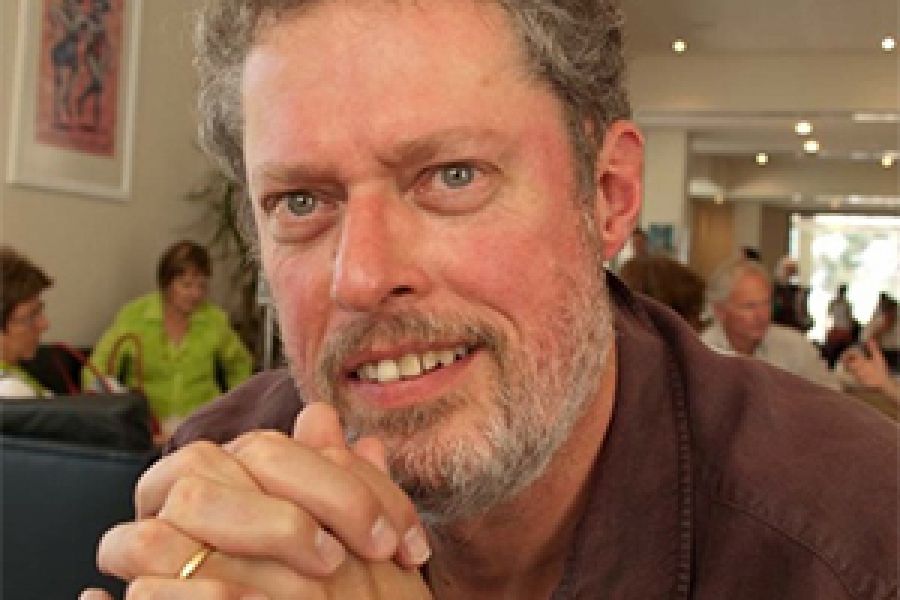
- Free Article: No
- Contents Category: Poet of the Month
- Custom Article Title: Poet of the Month with Philip Mead
- Review Article: No
- Online Only: No
- Custom Highlight Text:
You learn very different things from different poets, from formal aspects, some of them minute, to whole revelations about what a poem might be. This is always developing, and influences tend to come in waves or moments, with anthologies and magazines, subcultures ...
Are poems chiefly inspired or crafted?
It’s more like they pile up, but some of them need special attention.
What prompts a new poem?
Some bit of everyday language that seems unusual or puzzling, something veiled in it, or misheard fragments of conversation, a snowclone, a flickering tag of ordinary language that seems a bit strange – the sign on a van driving past – something that needs to be translated, or worked out, or that’s funny, or ironic, or unfair. Some random order of words, never grand, looking for a home. Gadji beri bimba: they’re gypsies, Beryl, not kids.
What circumstances are ideal for writing poetry?
As with any kind of writing, an unpredictable combination of distraction and no interruptions.
Roughly how many drafts do you produce before ‘finishing’ a poem?
Many, but I don’t count them!
Which poet would you most like to talk to – and why?
Arthur Rimbaud – to ask him where he went and what he got up to between August and December 1876, after he deserted from the Dutch army in Jakarta.
Do you have a favourite Australian poetry collection?
Ern Malley’s The Darkening Ecliptic; T.G.H. Strehlow’s Songs of Central Australia.
What do poets need most: solitude or a coterie?
I guess, both.
What have you learned from reviews of your work?
That readers live in different worlds, which is a thing.
If Plato allowed you to keep one poem or poetry collection in his Republic, what would it be?
Maybe Frank O’Hara’s Meditations in an Emergency, a revelation of disarming emotion and the everyday. ‘Why should I share you? Why don’t you get rid of someone else for a change?’ Hopefully it might rattle Plato’s tyrannical philosophers, leave them wondering about their program.
What is your favourite line of poetry?
This changes every day, but just at the moment: ‘the barrel organ, in the twilight of memory, made me dream desperately’ (‘Autumn Lament’ by Stéphane Mallarmé.)
Is poetry generally appreciated by the reading public?
I think it is. People understand how deeply language is a part of them. It’s ordinary, but in poetry it’s not just ordinary, which is why it’s arresting. But not because it means something, or because it’s safe.
Philip Mead’s poems have appeared in journals and anthologies in Australia and internationally. Zanzibar Light (Vagabond, 2018) is his first collection since the 1980s. In the 1990s he edited, with John Tranter, The Penguin Book of Modern Australian Poetry. He was Lockie Fellow in Creative Writing and Australian Literature at the University of Melbourne and inaugural Chair of Australian Literature at the University of Western Australia. He has also published criticism of Australian poetry and edited the work of several Australian poets. His critical study Networked Language: History and culture in Australian poetry won the 2010 New South Wales Premier’s Prize for Literary Scholarship.


Comments powered by CComment